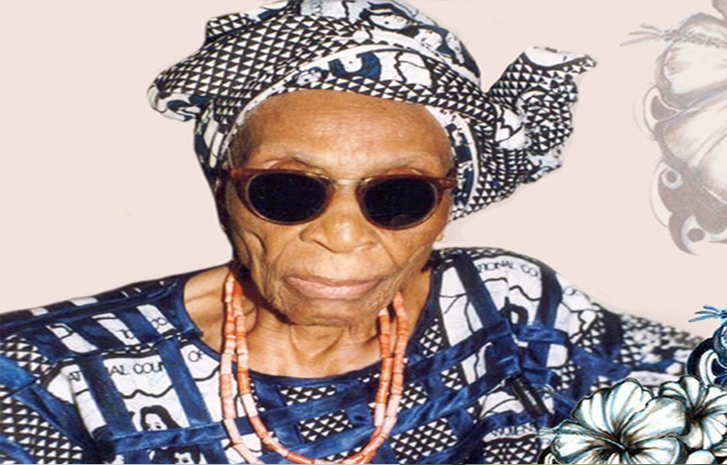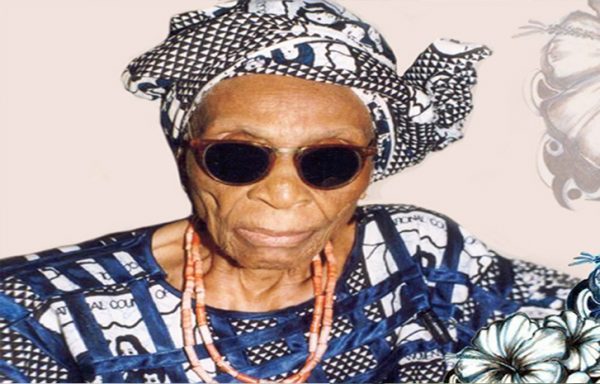For centuries, Calabar has been the window to the world for much of the Eastern end of the Gulf of Guinea. It was once a favorite port of merchandise traders and slave dealers; these days, it’s better known as one of Nigeria’s more peaceful and aesthetically attractive cities, with features just about good enough to delight a regular stream of tourists.
There’s a lesser known fact about Calabar that’s hidden in plain sight. Its airport, launched in 1983 by former President Shehu Shagari, was renamed the Margaret Ekpo International Airport in 2001- the first and only airport on the African continent to be named after a woman.
The Margaret Ekpo airport sits on the East of the ever-expanding metropolis. Although it probably hasn’t assumed the prominence enjoyed by its much older transportation terminals by the waterways, it has seen an increase in the traffic coming in and out of it over the years. As is the case with most other airports, inhabitants of its home city hope that it will eventually become a major hub for air travel in the region.
While the dreams of its founders continue to be worked on, the legacy of the person whose name it bears is already firmly established, as evident in the numerous references to her. These mentions can be found
Interestingly, the story of the woman Margaret Ekpo began in a town just on the other side of the Calabar River.
The Story of Margaret Ekpo
Margaret Ekpo was born in Creek Town, Cross River, to Okoroafor Obiasulor, a resident who hailed from the area now called Anambra State. Her mother, Inyang Aniemewue, was Efik. Ekpo seemed on track to becoming a teacher when her father died in 1934. As a result, she had to forego her plans of attending a teacher’s training college and settle for a job as a
A few years later, she married John Ekpo, a medical doctor. The couple moved to Aba, which at the time was already a key commercial city in the South East. It was there that her involvement with activism began.
Two triggers drove her deep into this new life. First, her husband, who was a medical practitioner in the city, was unhappy with the treatment he and other Nigerian healthcare professionals received from the British colonial administrators. But because he was a civil servant, he couldn’t be at meetings held by other aggrieved persons, in which their troubles with the administrators were discussed. Instead, Mrs. Ekpo represented him. Those gatherings drew her into the world of pro-independence advocacy.
A second factor was the apparent lowly status of women in much of pre-colonial Nigeria. Elsewhere in the world, women’s rights movements were springing up or maturing; Ekpo thought the same could happen in Nigeria. She believed that the colonial authorities were as much an obstacle to greater freedom for disadvantaged groups- which was why she was active on both the political and women’s rights fronts.
In the 1940s, she helped form a market women’s association in Aba through which local women were able to form a strong front to speak for their interests in the commercial and political spheres. Ekpo also joined the National Council of Nigeria and Cameroons (NCNC), a pro-independence political party which had Nnamdi Azikiwe and Herbert Macaulay as founding members.
Thanks to her efforts, the women in Aba became even more active in civic issues. In an election conducted in the city in 1955, there were more women voters than men. Persons seeking public office had to take the women’s pressure group seriously, as their members now constituted a major voting bloc.
A year after Nigeria’s independence, Margaret Ekpo got elected into the Eastern Regional House of Assembly. While she was there, she channeled a lot of her energies into bettering the conditions of women in markets and other barely accessible places, by supporting the construction of roads linking markets to consumer areas.
Although her role in the public sphere waned after the coup in 1966, she had already made a big mark on Nigeria’s social and political landscape. Because of the work she and others in the early activist community had done, women got a glimpse of the power they could wield, and the positive change they could bring about in their immediate spaces and the country at large.

Federal Airports Authority of Nigeria
The Margaret Ekpo International Airport
Today, the Margaret Ekpo International Airport is regarded as one of the more decent airports in the country. In 2015, it was named the best airport in Nigeria by the Federal Airports Authority of Nigeria (FAAN) and the cleanest airport in 2016 by the same regulatory agency.
At present, the airlines with a presence at the airport fly to Port Harcourt, Lagos and Abuja, all within Nigeria. It’s also important as a gateway to the famous tourist sites further inland. While it’s located in Akum Qua town, it typically takes just about ten minutes to get to the Calabar city center from there.
Featured image source: Independent Newspapers Nigeria


